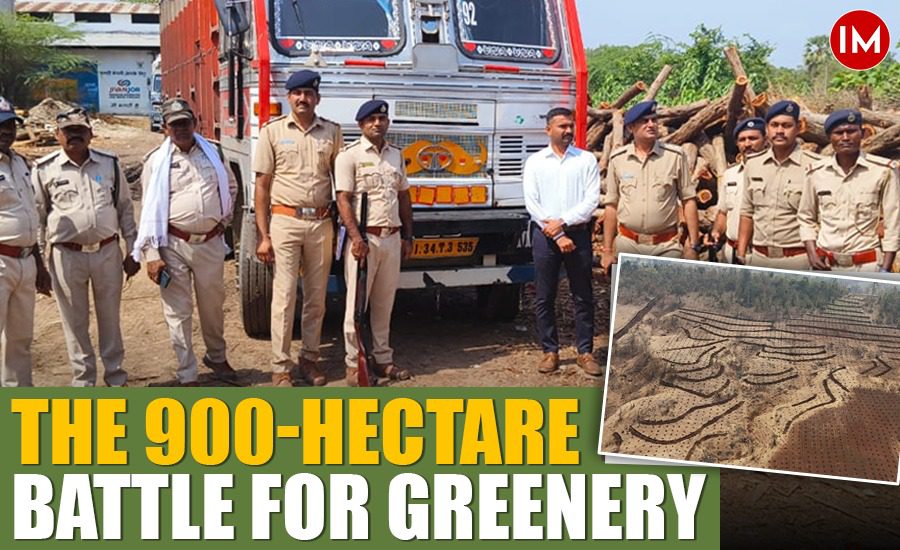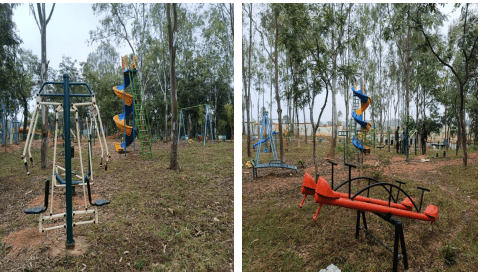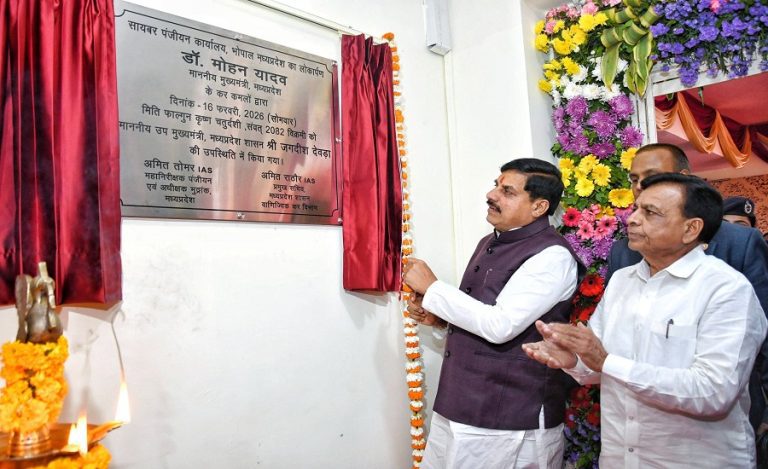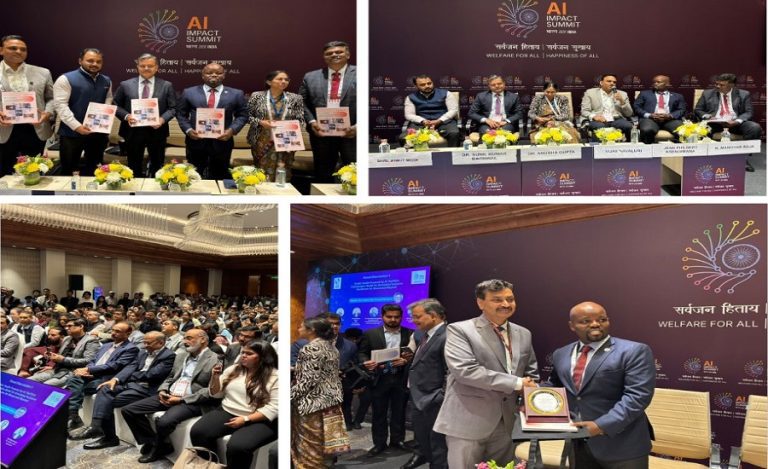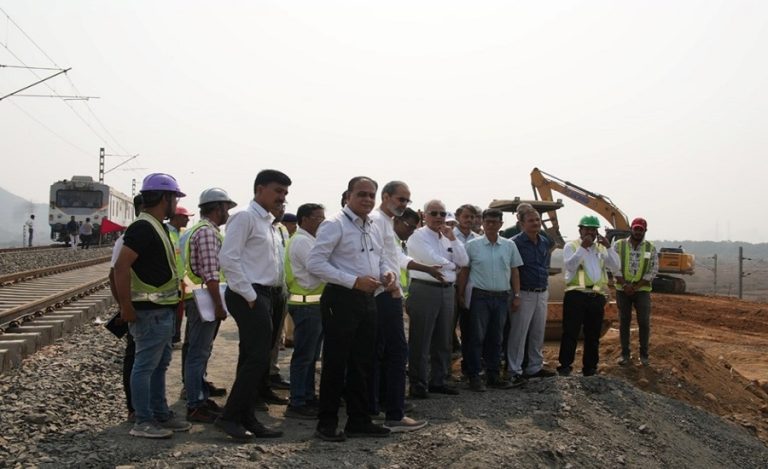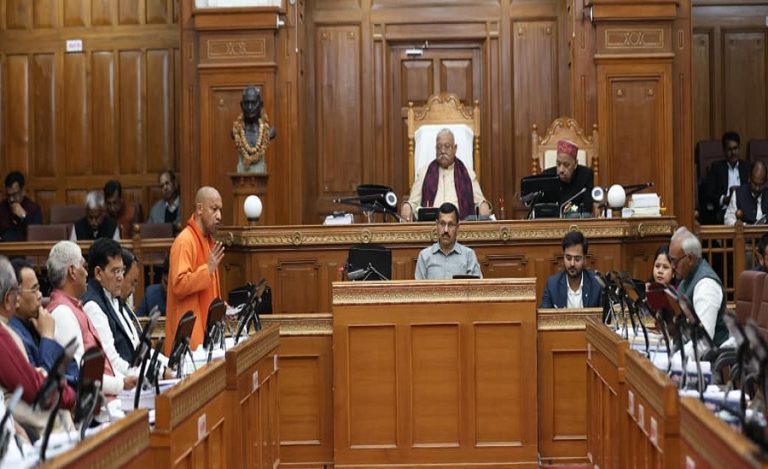The air was thick with tension, a mix of humid monsoon moisture and the palpable unease of a confrontation long in the making. For the 2011 batch Gujarat cadre officer, IFS Anand Subramani, Conservator of Forests, Bharuch, and his team, the 900-hectare tract of forest in Surat’s Vadpada Range was more than just a piece of land; it was a symbol of a forgotten promise, a battleground for ecological justice.
For years, this land had been systematically stripped and settled by illegal encroachers, its rich biodiversity replaced by a patchwork of illegal farms and settlements. The time to reclaim it had come, and it would not be an easy fight. In an exclusive conversation with Indian Masterminds, the officer shared details about the same.
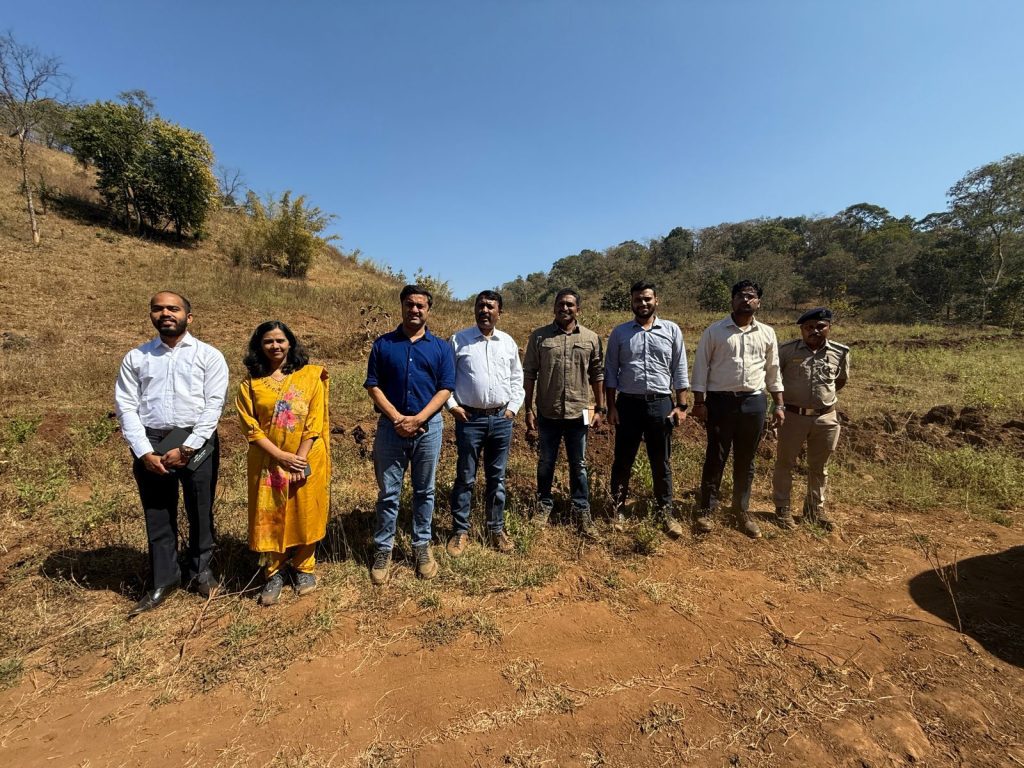
THE UNSEEN FOREST OF SURAT
When one thinks of Surat, the image that comes to mind is often of a bustling urban centre, a diamond and textile hub. But tucked away on its eastern flank, bordering Maharashtra and the districts of Narmada and Tapi, lies a vast expanse of forest, a part of the Western Ghats and Satpura range. This area, particularly the Vadpada Range, a 10,662-hectare tract carved out in 1998, had been under assault since 2007.
“Most people see Surat as just a city, but the eastern part is a completely forested area, and it’s a critical part of the Satpura peak and the main watershed for the Tapi and Narmada rivers,” Subramani explained.
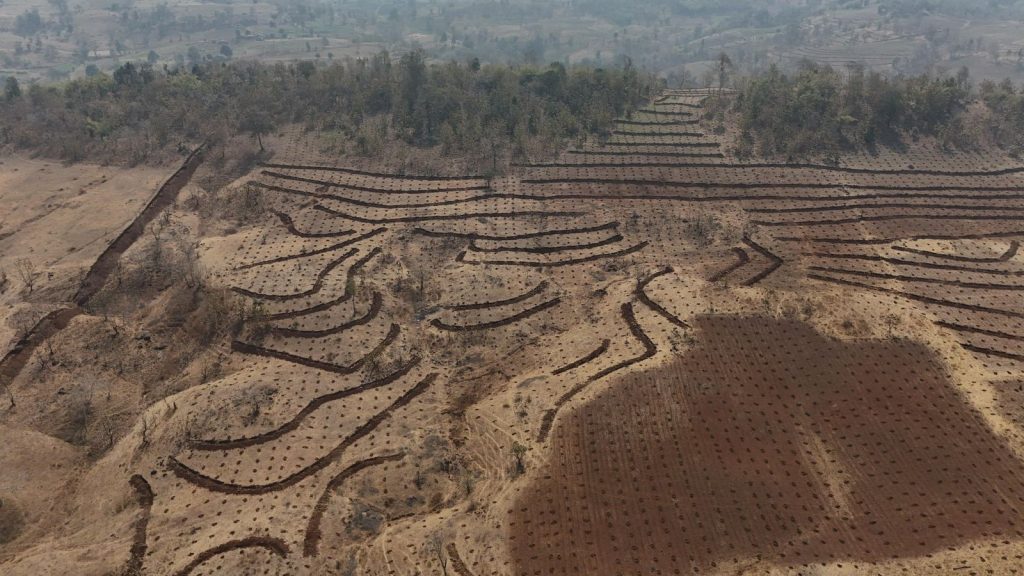
Over the years, a steady stream of illegal encroachment, fueled by individuals from neighboring districts and states, saw over 900 hectares of this vital landscape fall into the hands of illegal occupants. The situation was compounded by 647 fake claims filed under the Forest Rights Act (FRA), all of which were officially rejected by district authorities in 2010–11. The forest was being strangled, and a bold, coordinated effort was needed to save it.
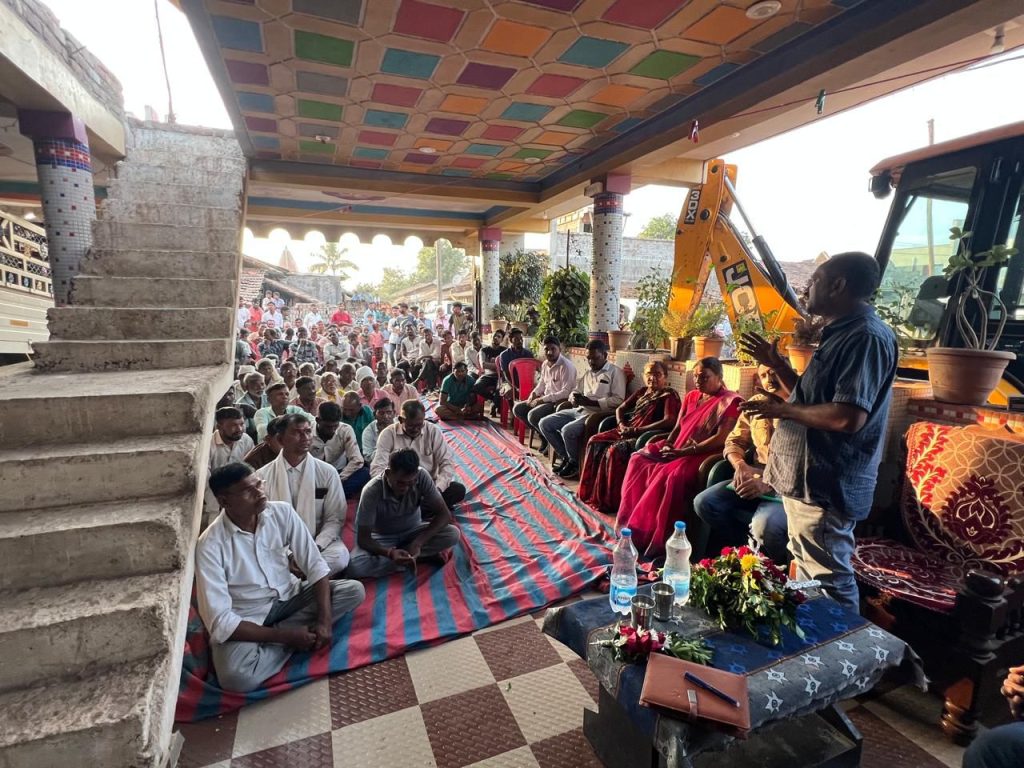
A BATTLE ON MULTIPLE FRONTS
The reclamation project was not just a legal and administrative challenge; it was a physical and social one. The initial efforts were met with violent resistance. Forest personnel were attacked, and a Radio Officer was hospitalised. Yet, the team pushed forward, refusing to back down.
The strategy was a multi-pronged assault on the problem:
- Legal & Administrative Measures: The first step was to evict the illegal occupants, a process carried out with the help of local Village Joint Forest Management Committees (JFMCs). Following the attacks on staff, FIRs were filed, and security was beefed up with local police units.
- Reforestation Drive: Once the land was cleared, the real work began. A massive reforestation effort was launched across the 900 hectares. This wasn’t just about planting trees; it was a scientific approach that included pit digging, contour trenching, and soil moisture conservation work. The team focused on native species like teak, bamboo, and acacia catechu, locally known as “kher.”
- Community Involvement: A key to the project’s success was the deep involvement of the local community. The JFMCs, a crucial ally in the struggle, actively supported the eviction and reforestation efforts. “The local JFMCs came to me and said, ‘Sir, these are outsiders, encroaching on our land,‘ Subramani recalls. “That’s when I realised the villagers see the forest land as their own.” The project also created employment opportunities for local daily wage labourers, building a sense of ownership and shared purpose.
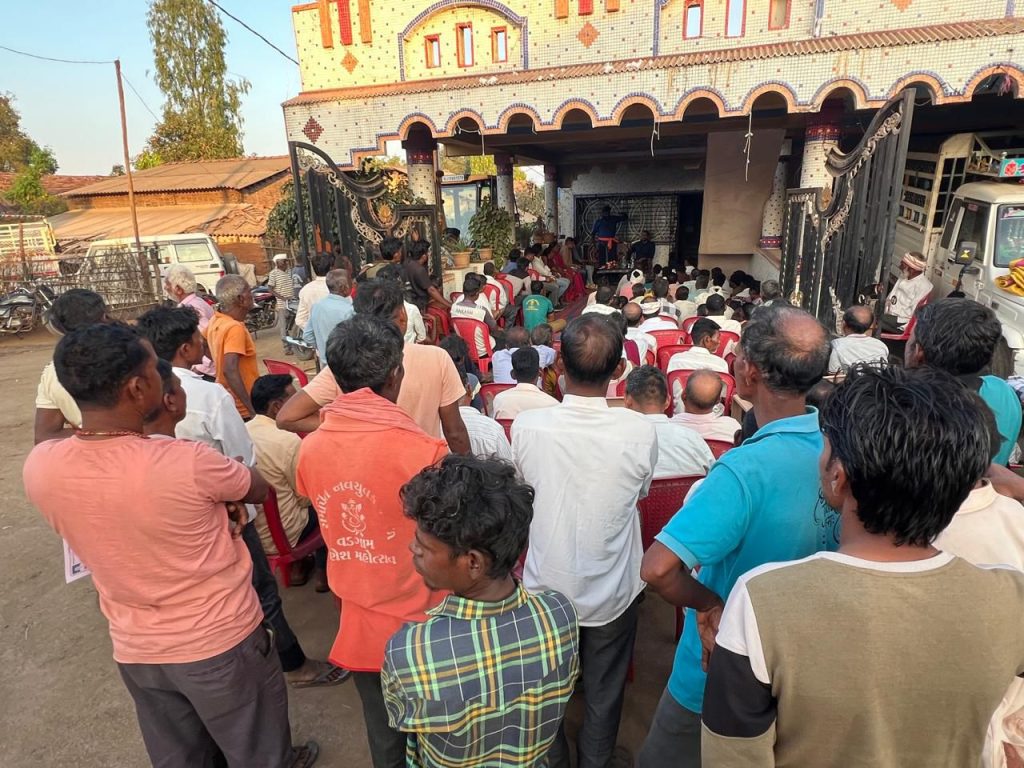
A PARALLEL STORY OF FOREST CRIME
While the Vadpada reclamation was underway, another significant forest crime case was unfolding. The trail began with a tip from a local informer. “A vehicle was coming from Tapi district with illegal material,” the officer explains. The team acted on the tip, leading to the discovery of 2.55 metric tons of illegal Acacia Catechu wood. The investigation revealed a much larger operation.
The trail led to a depot in Adirajpur, Madhya Pradesh, where an astonishing 2055 metric tons of illegal kher, valued at ₹4.39 crore, were stored. The case expanded, involving multiple states and agencies, including the Enforcement Directorate under the Prevention of Money Laundering Act. The accused, Mushtaq Qazi, went underground, leading to a prolonged legal battle that went all the way to the Supreme Court.
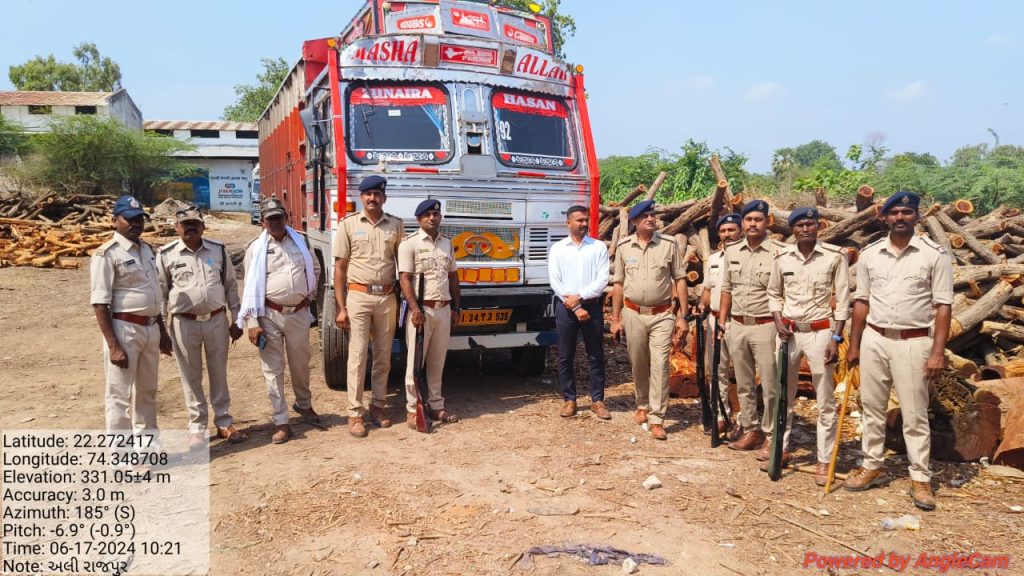
“The case went to High Court, then to the Supreme Court. Both times, his bail was rejected. It took more than six to seven months to crack the complete case,” the officer shared with Indian Masterminds.
The coordinated effort led to the arrest of several individuals and the dismantling of the network. Even now, two members of the network remain at large in Dubai, with lookout notices served against them.
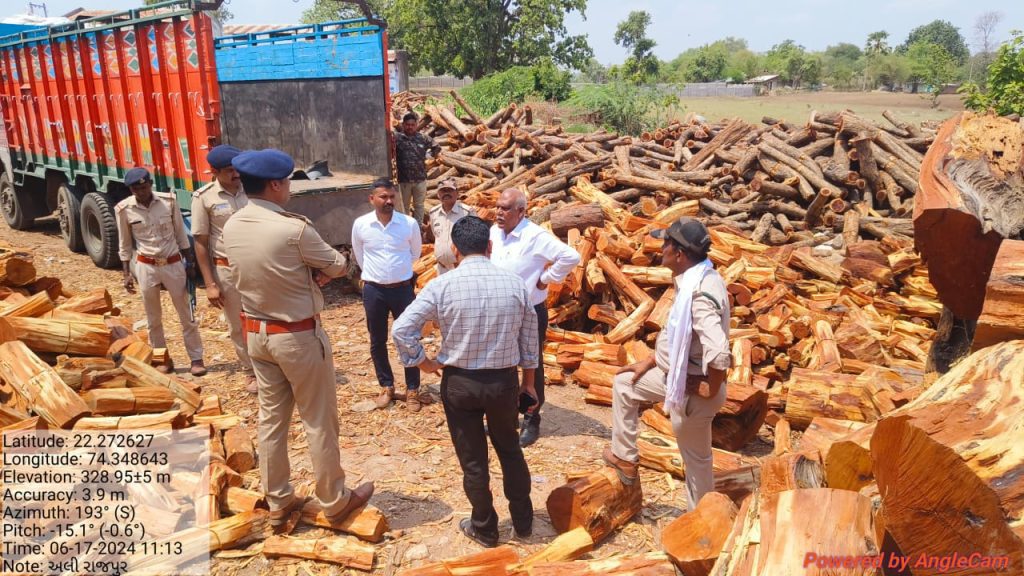
A LASTING LEGACY
Today, the 900-hectare Vadpada forest stands reclaimed, its scars beginning to heal. The massive reforestation drive has transformed the landscape, restoring its ecological integrity. But the most significant shift, according to IFS Subramani, is in the mindset of the local community.
“The local villagers have realised that the forest belongs to them. They’ve realised that the forest land is theirs, and this ownership is the most important factor for conservation,” he states.
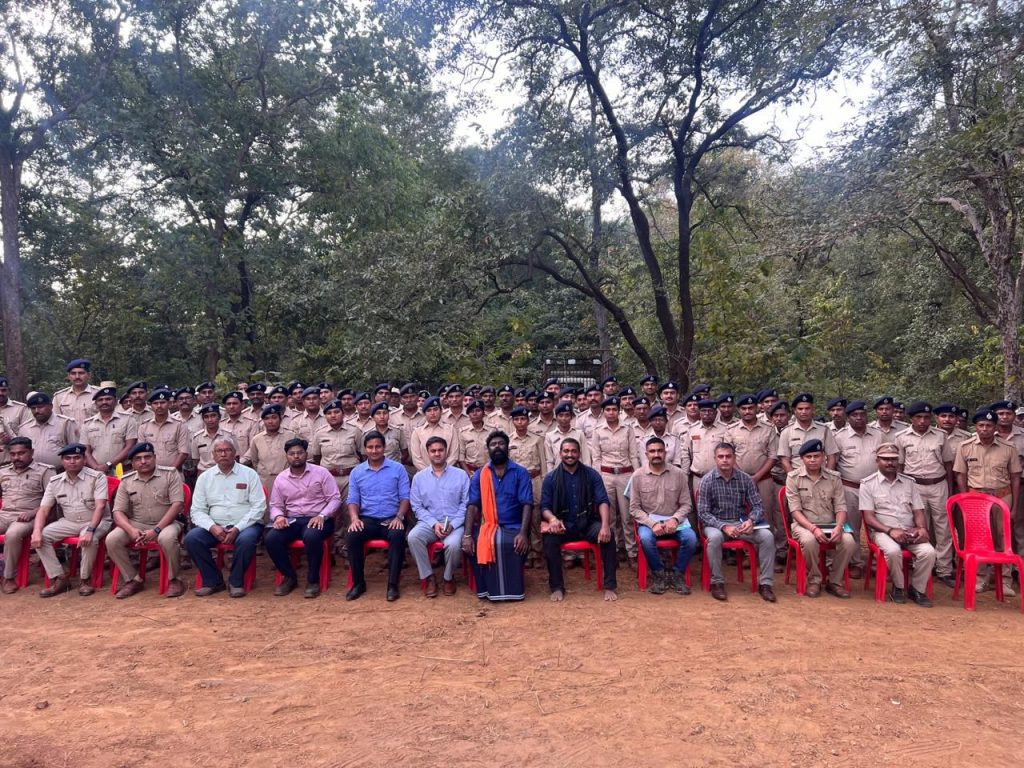
This understanding, a shift from seeing the forest as government property to a shared resource, is the ultimate measure of the project’s success. The story of the Vadpada forest is a reminder that the health of our planet often depends on the quiet but firm actions of a few, who, with the help of many, can bring about a monumental change.

